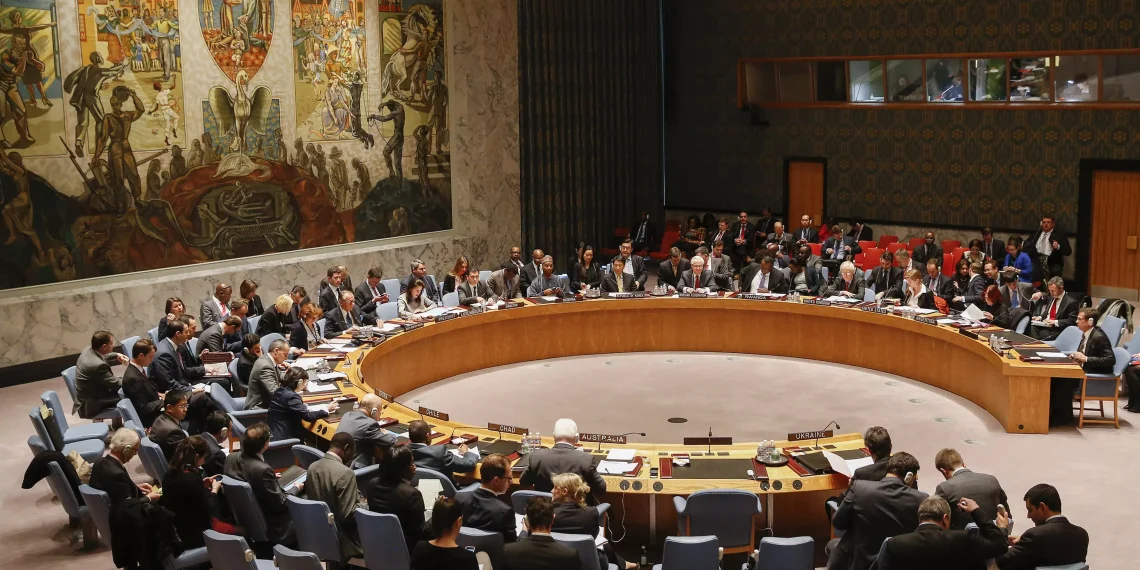The United Nations (UN) has unveiled an ambitious initiative aimed at educating over 22,000 staff members about Blockchain technology and the revolutionary concept of Web3. This proactive move by the UN signifies a pivotal step toward adapting to the evolving landscape of technology and fostering a more efficient and transparent global governance system.
Understanding Blockchain Technology
Blockchain, at its core, is a decentralized and immutable ledger that records transactions across a distributed network. Its applications extend far beyond cryptocurrency, offering a secure and transparent platform for various industries, including finance, healthcare, and supply chain management. The potential benefits of Blockchain for the UN are substantial, promising enhanced transparency, increased security, and streamlined operations.
Web3: Evolution of the Internet
Web3 represents the evolution of the internet into a decentralized and user-centric ecosystem. Unlike its predecessor, Web2, which heavily relies on centralized platforms, Web3 empowers users by enabling ownership of their data and interactions. Its features include decentralized applications (dApps), smart contracts, and the utilization of cryptocurrencies.
The Role of the UN in Embracing Blockchain and Web3
The UN’s decision to embrace Blockchain and Web3 reflects its commitment to leveraging innovative technologies for the greater good. By integrating these technologies into its systems, the UN aims to enhance efficiency, accountability, and transparency in its operations and initiatives. This step holds the potential to revolutionize global governance.
Challenges and Opportunities
While the adoption of Blockchain and Web3 brings forth immense potential, there are challenges to overcome, including regulatory hurdles, scalability issues, and interoperability concerns. However, the opportunities for growth, innovation, and positive global impact outweigh these challenges.
Education Initiative by the UN
The UN’s initiative to educate its staff on Blockchain and Web3 is a proactive approach toward preparing its workforce for the future. By empowering over 22,000 staff members with knowledge about these technologies, the UN not only enhances its operational capabilities but also fosters a community of informed global leaders.
Benefits of Blockchain and Web3 for the UN
The integration of Blockchain and Web3 is poised to bring about a paradigm shift within the UN, fostering greater transparency, efficiency, and trust. These technologies can strengthen humanitarian efforts, improve resource allocation, and streamline decision-making processes.
Global Implications
The UN’s embrace of Blockchain and Web3 technologies sets a precedent for other organizations and governments worldwide. It paves the way for collaborative efforts to harness technology for societal betterment, ultimately shaping the future of governance and technological advancement.
Conclusion: Embracing the Future
In conclusion, the UN’s initiative to educate its staff on Blockchain and Web3 signifies a pivotal step towards embracing the future of technology-driven governance. By equipping its workforce with knowledge and tools, the UN sets a precedent for global organizations to adapt and thrive in an increasingly digitized world.
























































